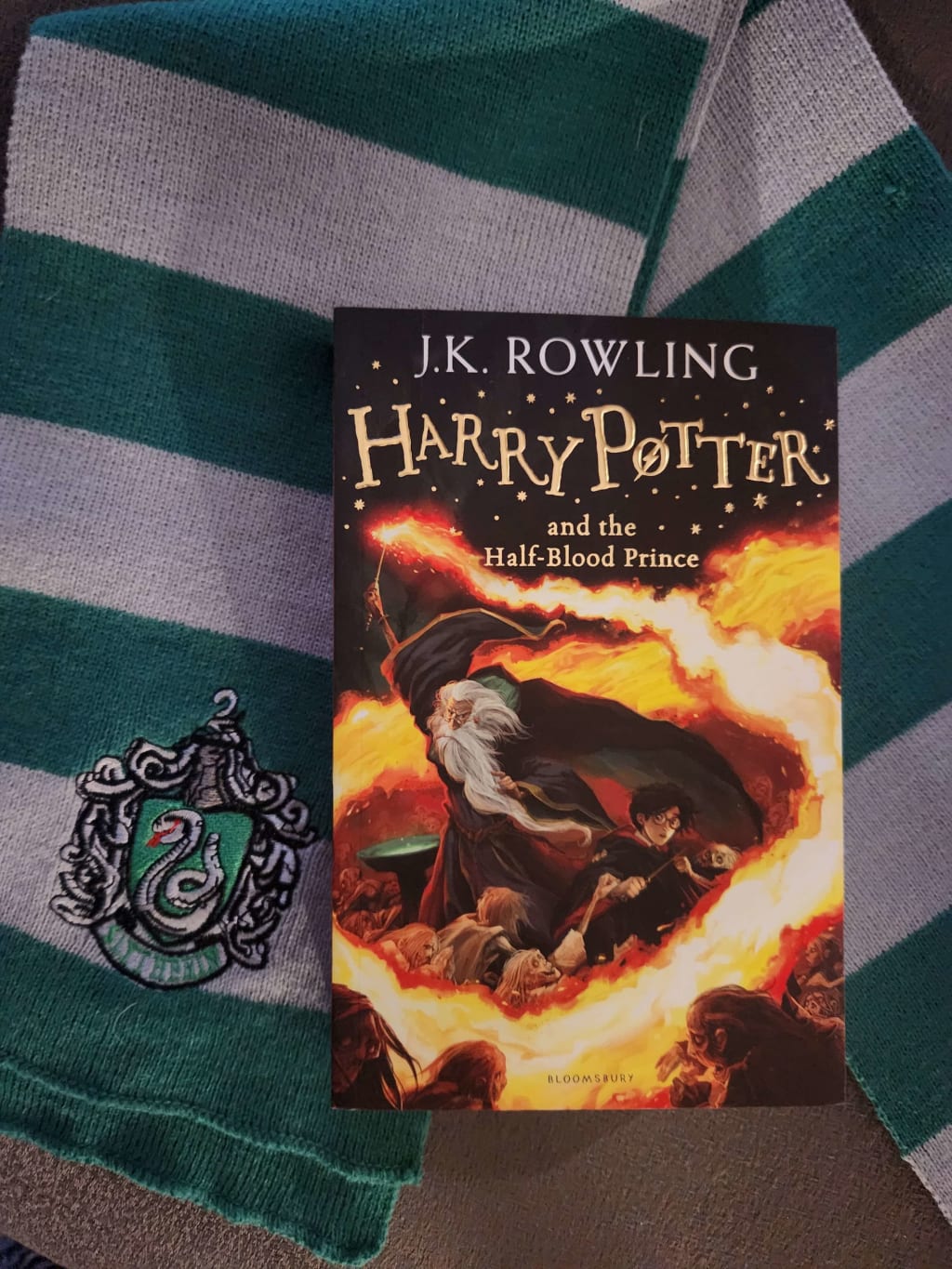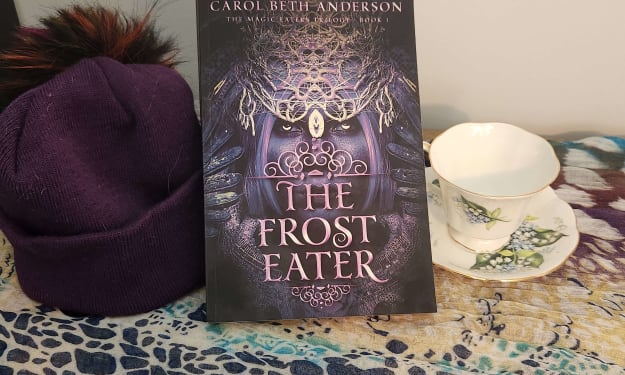[Analysis] Severus Snape - Hero or Villain?
An in depth look at Severus Snape's life, death, and role in the Wizarding Wars.

Potions Master. Slytherin Head of House. Rival of the Marauders. Death Eater. Spy.
Regardless of what title you believe fits him the best, there is no denying that Severus Snape was one of the most complex characters in the Harry Potter series, and one of the characters with both the staunchest defenders and most brutal detractors. He is also one of a few characters whose movie portrayal is more sympathetic than his portrayal in the novels. But who was Severus Snape? Was he really as good or evil as fans of the series want to believe? Did his portrayal by the late Alan Rickman - an exceptionally skilled and charismatic actor - help or hinder his characterisation? Were his actions towards the students of Hogwarts justified? And did he atone for his sins in the end?
Before we begin answering these questions, it is important first to look at what biases the reader might have towards Snape as a character.
When reading a fictional story - regardless of genre, point of view, or tense - there is always a main (or "point of view") character. This character is the person through whom the reader experiences the story. Events of the story surround them, the motivations and actions of other characters are filtered through their lens, and events that take place out of the character's presence are unknown or conveyed to the character as second hand information. This is how we experience Snape as a character. Through the lens of Harry Potter, an arguably unreliable narrator whose opinion of Snape is soured after his first Potions lesson in which he is unfairly targeted. Harry is suspicious of Snape, distrusts him, and Snape does not do anything to change that narrative.
Severus Snape was born circa 1960, the halfblood son of a witch (Eileen Prince) and a muggle (Tobias Snape). While we do not see much of Snape's past, flashbacks in The Order of the Phoenix (OotP) and The Deathly Hallows (DH) provide information which implies his childhood was abusive, or that he (at the bare minimum) is living in a home where his father is abusive towards his mother. His attire in the OotP flashback also suggests his family is low income, meaning Snape was likely facing home and food insecurity as well as living in fear on a daily basis. His backstory is an excellent contrast to Harry and Ron, who live in an abusive situation (Harry) and a low income family (Ron), but have a different outlook on life as a result.
Snape met Lily Potter (nee Evans) when he was around nine or ten years old, and the two become friends. They lived close together and Snape - who had not had friends until that point - clung to Lily. This is likely where things started going wrong for Snape, as his inability to make friends easily - and reliance on Lily for emotional stability - were aspects of his characterisation that left him susceptible to the peer pressure of fellow Slytherins (and the Death Eaters), torn down by the constant bullying of the Marauders, and unable to manage without Lily as a stabilising factor in his life; losing her was the final nail in the coffin that sent him on a dark path, because Lily was his light. For some - and indeed for J.K. Rowling herself - this could be seen as love, but Snape did not love Lily, Snape was obsessed with her, he needed her, and he could not accept that she did not need nor want him in the end.
A fact that the movies - and Rickman's portrayal - seemed to lose.
Alan Rickman (1946-2016) was a charismatic actor who was well known for his portrayal of dark and complicated characters, and his portrayal of Snape was beautiful. However, the script for the movies meant his portrayal of Snape was too good. Rickman's Snape was not the same cruel character that Snape was in the series; he was misunderstood, pained, and full of bitterness, but he was not cruel. That, I think, is where the movies fell apart in terms of characterising Snape and why it is so easy to forgive Snape's attitude. In the movies, he was a character you could root for, a character whose pained past made him sympathetic, but in the books he was worse than that. I do not think this portrayal was the fault of Rickman, though, I think it was the fault of the script and the fault of J.K. Rowling for wanting people to forgive a character she had made unforgivable.
There is nothing wrong with an unforgivable character, there is nothing wrong with a character having a redemption arc, but this was not it.
It would be disingenuous to his character to call Snape evil - a title best reserved for the likes of Dolores Umbridge or Lord Voldemort/Tom Riddle - but to say Snape was a good character or that he redeemed himself is to ignore the facts. Severus Snape was a bitter old man who could not grow up, similar to how Sirius Black was after Azkaban. He held on to a childhood grudge and used it to bully the son of the woman he claimed to love. He was obsessed with said woman, even after her death, and would have seen her husband and son die just to save her life (perhaps with the misguided notion she would then come to him instead). He was a man who cruelly tortured students not of his house, going so far as to threaten to poison Neville's toad and terrifying Neville so much he became his own student's worst fear (as seen in Prisoner of Azkaban).
This is not the mark of a man who regrets his actions, of a good or redeemed man.
Snape cannot be called evil because he did do good things, even if some of those things were done in order to protect himself. He did protect the students of the school as best he could (including protecting Draco during The Half Blood Prince). He did give his life to help the war effort. He did pass information as a spy. But these actions, no matter how noble, do not magically erase the bad things he did. Snape is not a good man and his love for Lily Potter was closer to obsession than it was to love, but calling Snape evil erases the good he did in the world, and that should be acknowledged as well. Snape was a complex character, he was both good and bad. A better question, then, would be to ask 'how did Snape's childhood trauma inhibit his ability to grow up?'
And perhaps Snape might have had a happier life had he not been a teacher.






Comments
There are no comments for this story
Be the first to respond and start the conversation.